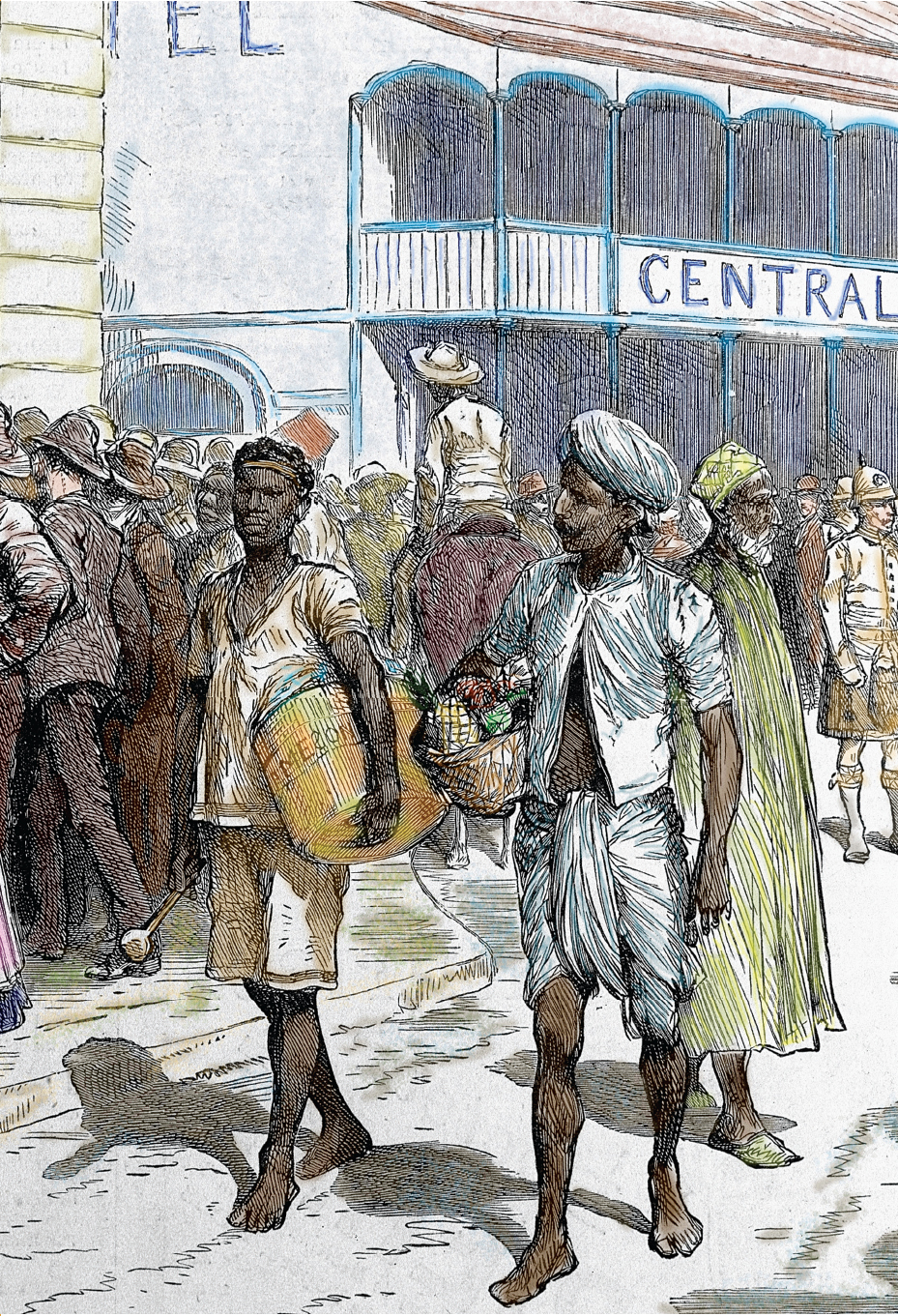Understanding Western Society
Printed Page 740
Introduction for Chapter 24
24
THE WEST AND THE WORLD
1815–1914
>How and why did the relationship between the West and the rest of the world change over the course of the nineteenth century? Chapter 24 examines Western expansion in the century prior to World War I. While industrialization and nationalism were transforming urban and rural life throughout Europe, Western society itself was reshaping the world. At the peak of its power and pride, the West entered the third and most dynamic phase of the aggressive expansion that had begun with the Crusades and continued with the rise of seaborne colonial empires. At the same time, millions of Europeans emigrated abroad, primarily to North and South America but also to Australia, North and South Africa, and Asiatic Russia.
LearningCurve
After reading the chapter, use LearningCurve to retain what you’ve read.

> CHAPTER CHRONOLOGY
| 1805– |
1884– |
| – Muhammad Ali modernizes Egypt | – Berlin Conference |
| 1839– |
1885 |
| – First Opium War; Treaty of Nanking | – Russian expansion reaches borders of Afghanistan |
| 1853 | 1898 |
| – Perry “opens” Japan for trade | – United States takes over Philippines; hundred days of reform in China; Battle of Omdurman |
| 1856– |
1899 |
| – Second Opium War | – Kipling writes “The White Man’s Burden” |
| 1857– |
1899– |
| – Britain crushes Great Rebellion in India | – South African War |
| 1863– |
1902 |
| – Reign of Ismail in Egypt | – Conrad publishes Heart of Darkness; Hobson publishes Imperialism |
| 1867 | 1912 |
| – Meiji Restoration in Japan | – Western- |
| 1869 | 1914 |
| – Suez Canal opens | – Panama Canal opens |
| 1880– |
|
| – Most of Africa falls under European rule |